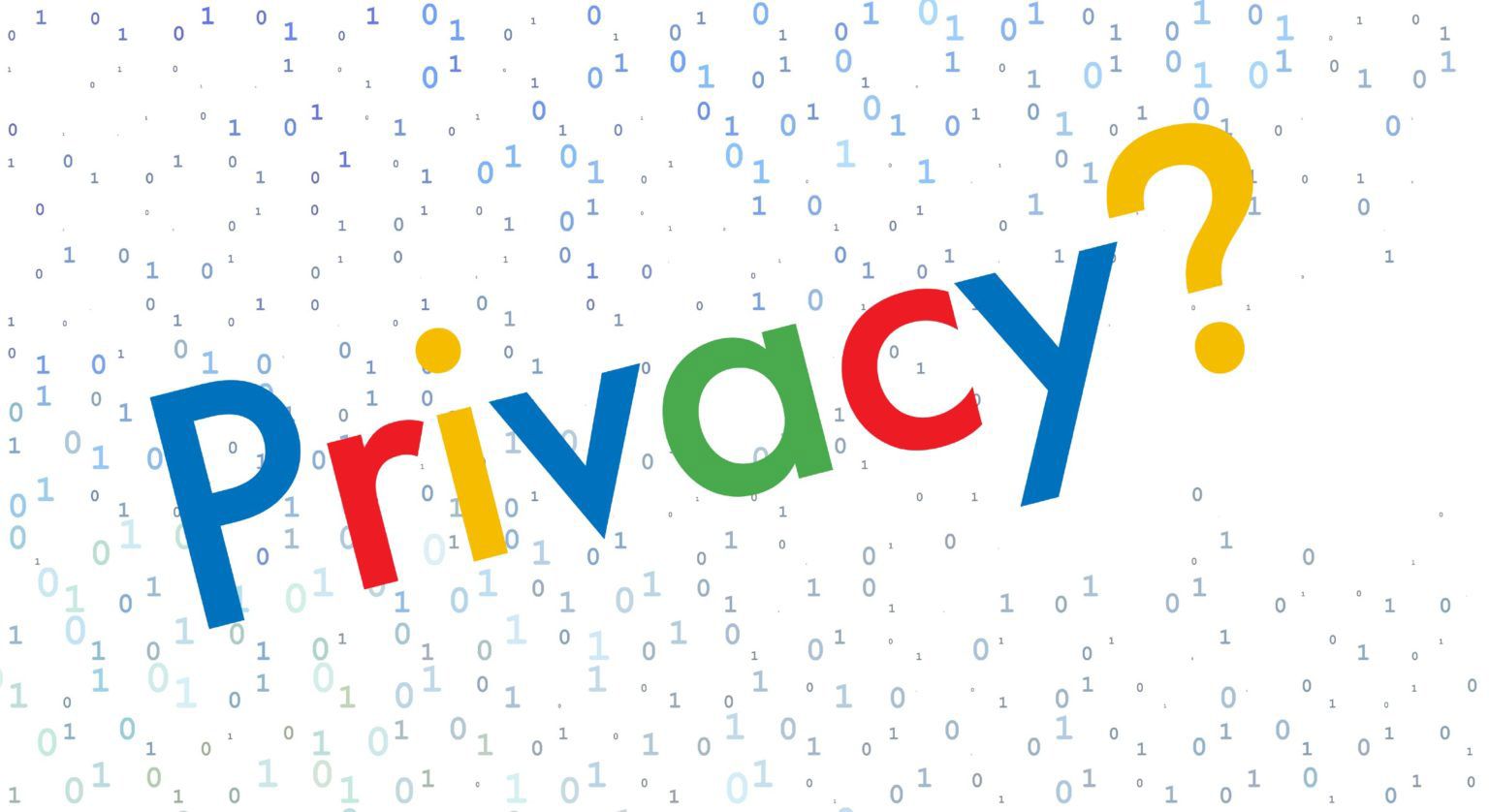Concerns about Google
Whether it comes to web surfing, watching videos online, using maps to navigate and so on, Google is most people’s favourite. The tech giant is seen by many people as a world leader whether it comes to tech development, education or workplace culture. There have been, however, multiple times when Google has been drawn into criticism for its work. In this article we explore through some of them that might be of concern to most educators and students.

Climate change is gradually becoming a concern for an increasing number of people. And for a company whose motto is “don’t be evil”, we certainly expect Google to advocate against activities that contribute to the climate change problem. However, in 2019 Google sponsored a conference that had a session on climate change denial by one of the speakers, Caleb Rossiter, a member of CO2 Coalition, a non-profit that advocates more carbon dioxide for the atmosphere.
Google has claimed to be a carbon neutral company since 2007, which means that it compensates its carbon emissions through activities that benefit the environment. Google has also invested in development of renewable energy sources. On the surface it looks like Google’s doing no harm to the planet. But in September 2019, Google employees criticized the company for its indirect involvement in environmental degradation. They pointed out two key reasons for it – funding politicians who aren’t aligned with the sustainability goals, and Google Cloud licensing its resources to fossil fuel companies to help them extract fuel revenues. In November 2019, over 1,000 Google employees demanded that the company drop its carbon emissions to zero by 2030 and cancel the contracts with companies contributing to environmental degradation. Netizens who are concerned about the environment can switch to other “greener” alternatives to Google such as Ecosia, Ekoru and OceanHero.
Google has also been criticized for the possible misuse of the search results. A research article by Austrian researchers in 2007 observed a tendency of internet users to misuse the search engine as a “reality interface” which seems valid even today. The paper concludes that users tend to rely on the initial pages of search results, assuming that everything not listed there isn’t important. The users get an impression with the Google interface that the search results imply a kind of totality while in reality one is only seeing a small part of the whole.
In 2020, Google’s video sharing platform YouTube changed its policy which now allows it to place ads on all videos regardless of the content-creator’s desire. To make things worse for most creators, YouTube channels that aren’t a part of the YouTube Partner Program(YPP) would receive no revenue for this. YPP is the YouTube Partner Program which video creators and influencers can belong to if they have more than 1,000 subscribers and 4,000 hours of viewed content in the last 12 months.

The most common concern regarding Google has been on privacy and data. Google is suspected of tracking the online activities of the users on Google and its related platforms, such as YouTube, and collecting data on them. Google is also suspected of collecting and aggregating data about Internet users through the various tools it provides to developers, such as Google Analytics, Google Play Services, reCAPTCHA, Google Fonts, and Google APIs. This might enable Google to provide a quite complete web user profile linked to an IP address or user. This kind of data is invaluable for marketing agencies, and for Google itself to increase the efficiency of its own marketing and advertising activities. Netizens concerned about their data privacy can switch to more private alternatives to Google such as Startpage and Duckduckgo.
Through this article it is intended to show to the readers the lesser known concerns about one of the leading tech firms in the world so that readers can make a more aware and conscious decision when it comes to choosing the services on the internet. When we are accepting services from any tool or website, we are also supporting them on their endeavors. Being aware of the larger picture will hopefully help the readers to make better decisions.
References:
-
AOC Slams Google, Facebook, and Microsoft for Sponsoring Conference Promoting Climate Denial
-
More than 1,000 Google employees signed a letter demanding the company reduce its carbon emissions
-
https://web.archive.org/web/20091229105054/http://www.iicm.tugraz.at/iicm_papers/dangers_google.pdf
-
Forbes YouTube Will Now Show Ads On All Videos Even If Creators Don’t Want Them